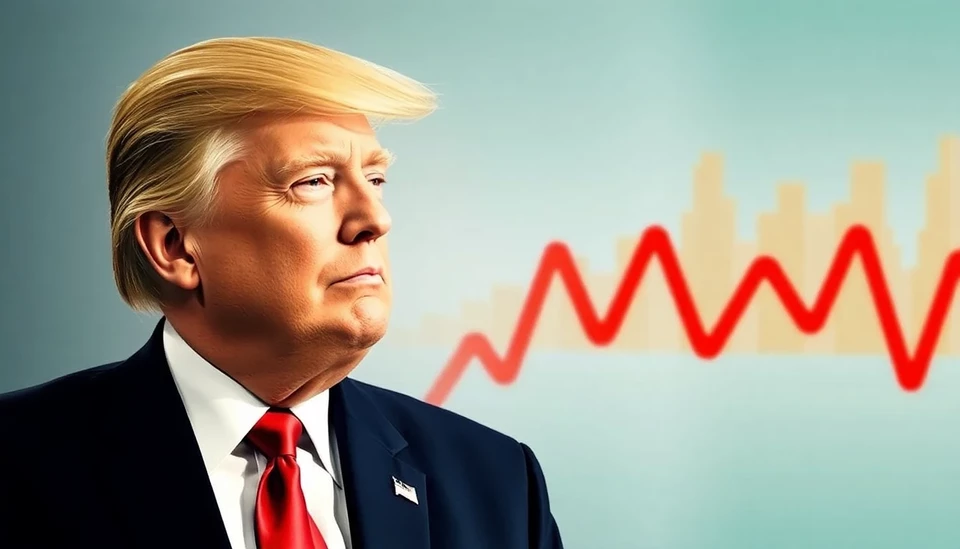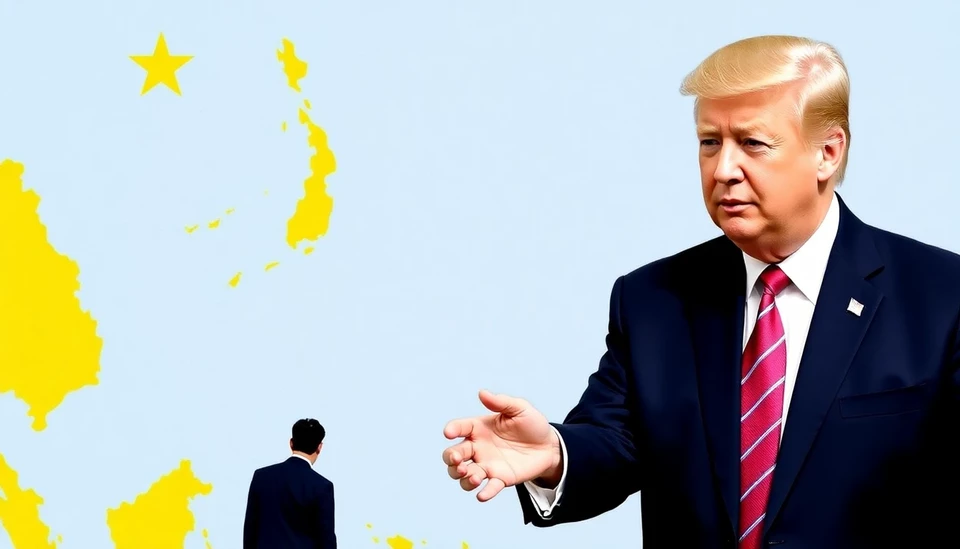
As the political landscape in the United States shifts with the return of former President Donald Trump, market observers are increasingly concerned about the potential impact on the regular release of key economic data. The upcoming election season has already begun to alter the dynamics traditionally affecting investors’ decision-making and risk assessment. This dynamic is especially pertinent as the Federal Reserve’s monetary policy relies heavily on economic indicators that could be jeopardized by Trump’s political maneuvers.
With Trump re-entering the spotlight, analysts predict that the uncertainty surrounding his campaign—combined with his previous administration's contentious relationship with institutions like the Bureau of Labor Statistics—could lead to disruptions in the timely release of important economic reports. This could ultimately create volatility in financial markets and complicate the Fed's ability to navigate its policy decisions.
The former president is expected to make his presence felt aggressively on the campaign trail, potentially overshadowing the discussions typically reserved for economic data. As Trump captures media attention, the focus on economic performance measurements such as unemployment rates, inflation figures, and GDP growth could wane, leaving investors with a less clear picture of the economic landscape.
Historically, the Trump administration demonstrated a unique approach to data engagement. From publicly questioning the credibility of specific reports to touting figures when favorable, Trump's previous presidency taught investors the importance of scrutinizing data releases with a more critical lens. His return, therefore, raises concerns about the independence of economic indicators and how they could be perceived amid political narratives.
Market experts have expressed their apprehension that Trump's questioning of established norms, combined with uncertain economic conditions, may complicate investors' strategies. They stress that the political narrative surrounding Trump's campaign could eclipse economic metrics critical to assessing the U.S. economy's health.
Furthermore, with the Federal Reserve caught in a delicate balance of managing market expectations while responding to fluctuating economic data, the political uncertainty could make their job even harder. Central bankers often rely on stable and consistent data to guide their monetary policy decisions; any disruption could lead to missteps that can have far-reaching consequences for the economy.
As Trump gears up for another bid for the presidency, market watchers suggest that both investors and the Federal Reserve must brace for potential obstacles in interpreting economic conditions accurately amid the politicization of economic data. This uncertainty could magnify during election season and lead to increased volatility in financial markets, impacting investment strategies.
In conclusion, Trump's re-emergence in U.S. politics poses unique risks to how economic data is perceived, potentially influencing both market trends and the effectiveness of the Federal Reserve's monetary policy. Stakeholders are advised to remain vigilant and ready to adapt to the rapidly evolving political and economic landscape.
#Trump2024 #USEconomy #FederalReserve #MarketVolatility #EconomicData
Author: Rachel Greene




